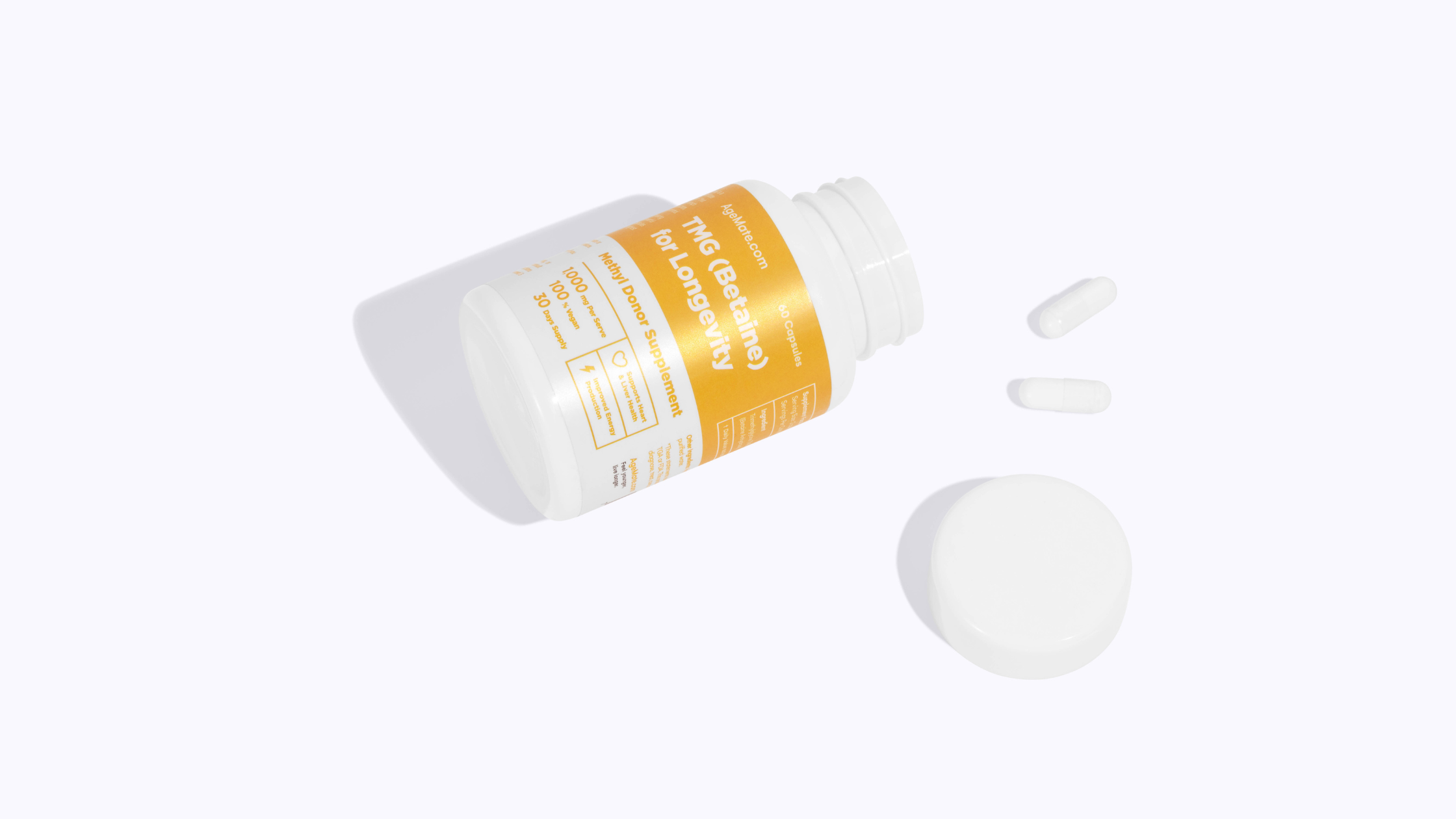Resveratrol is a natural compound found in plants like grapes, berries, and peanuts, known for its anti-inflammatory and antioxidant properties. This article delves into the benefits, sources, potential side effects, and considerations of resveratrol supplements.
Key Benefits of Resveratrol
Resveratrol supplements are recognised for their potential to reduce inflammation, enhance heart health, and lower blood sugar levels.
Research indicates improvements in arterial function and blood pressure reduction in adults with metabolic syndrome and diminished inflammation in individuals with type 2 diabetes.
While resveratrol is also explored for its capabilities in boosting cognitive function, preventing cancer, and decelerating aging, more conclusive studies are required to establish these effects firmly (R).
Resveratrol vs. Red Wine
While red wine contains resveratrol, the concentration is relatively low. Generally, the content of resveratrol in red wine ranges from 0.2 to 5.8 mg per litre. You get between 250mg and 1000mg per serving in the typical resveratrol supplement (R).
🍷 If you are considering sourcing resveratrol from red wine, you would be looking at 40 - 5000L of red wine daily for therapeutic benefits, and we do not recommend this!
Considering the adverse effects of excessive alcohol consumption, resveratrol supplements present a more viable option to harness benefits without the associated risks of alcohol (R).
Potential Side Effects of Resveratrol
Generally safe, resveratrol supplements can still lead to mild side effects such as digestive discomfort, headaches, or sleep disturbances in some individuals.
They might also interact with certain medications, underscoring the importance of consulting a healthcare provider before starting them.
Resveratrol and Human Studies
A series of human studies underscore resveratrol's health potential:
🍇 Resveratrol supplementation mimics the effects of calorie restriction by inducing metabolic changes in obese humans, activating AMPK and SIRT1 in muscle, improving mitochondrial respiration, and reducing inflammation markers (R).
🍇 Dietary intake of resveratrol is associated with a reduced risk of breast cancer (R).
🍇 Long-term supplementation with resveratrol has immunomodulatory effects, reducing pro-inflammatory cytokine expression and altering inflammation-related microRNAs in type 2 diabetes and hypertensive patients (R).
🍇 Resveratrol improves insulin sensitivity, reduces oxidative stress, and activates the Akt pathway in type 2 diabetic patients (R).
🍇 Supplementation with resveratrol improves bone mineral density in postmenopausal women (R).
🍇 Resveratrol improves endothelial function and reduces inflammatory and fibrinolytic markers in patients undergoing primary prevention of cardiovascular disease (R).
These studies indicate that resveratrol has potential benefits for metabolic health, cardiovascular health, and cancer prevention.
Conclusion
Resveratrol supplements promise several health advantages, from improved heart health and reduced inflammation to better blood sugar levels. Although red wine offers a natural resveratrol source, supplements like AgeMate’s Resveratrol provide a non-alcoholic and concentrated alternative.
As always, consultation with a healthcare provider is crucial before beginning any new supplement regimen, particularly to avoid interactions with existing medications and to tailor the dosage to individual health needs.





